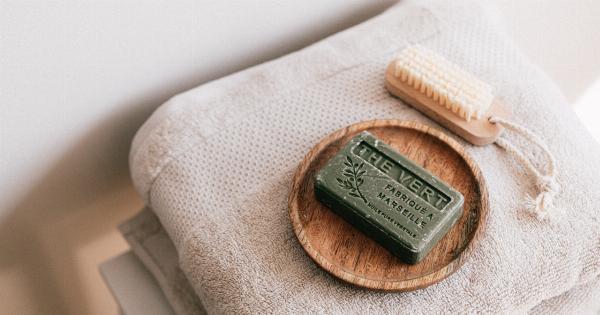Gout is a form of arthritis that occurs when there is a build-up of uric acid crystals in the joints. It is a painful condition that primarily affects the big toe, although it can also impact other joints such as the ankles, knees, and wrists.
While there is no cure for gout, there are steps you can take to prevent its onset or reduce its frequency. In this article, we will explore five simple steps you can incorporate into your lifestyle to minimize the risk of gout attacks.
Step 1: Maintain a Healthy Weight
Excess weight can contribute to the development of gout by increasing uric acid levels in the body. Losing weight and maintaining a healthy weight can help prevent gout attacks.
Incorporating a balanced diet rich in fruits, vegetables, whole grains, and lean proteins can aid in weight management.
Step 2: Stay Hydrated
Drinking plenty of water is essential for overall health and can also help prevent gout. Hydration helps flush out uric acid and reduces its concentration in the body. Aim for at least 8-10 cups of water per day to stay adequately hydrated.
Step 3: Limit Alcohol Consumption
Alcohol, especially beer, has been linked to an increased risk of gout. Beer contains high levels of purines, which are converted to uric acid in the body.
Avoiding or limiting alcohol consumption, particularly beer and spirits, can significantly reduce the likelihood of gout attacks.
Step 4: Manage Purine Intake
Purines are natural compounds found in certain foods that contribute to uric acid production in the body. While dietary purines alone do not cause gout, reducing their intake can help prevent flare-ups.
Foods high in purines include organ meats, seafood, red meat, and certain vegetables like asparagus and mushrooms. Modifying your diet to include lower-purine alternatives can be beneficial, such as opting for poultry, legumes, low-fat dairy products, and vegetables with lower purine content.
Step 5: Limit Fructose Consumption
Fructose, a type of sugar found in many processed foods and beverages, has been associated with increased uric acid levels and gout risk. High fructose corn syrup, found in sodas, sweetened drinks, and processed snacks, is particularly concerning.
Avoiding or minimizing the consumption of foods and beverages with added sugars can help reduce the risk of gout.
Conclusion
By following these five simple steps, you can decrease the likelihood of experiencing painful gout attacks.
Maintaining a healthy weight, staying hydrated, limiting alcohol consumption, managing purine intake, and cutting back on fructose-rich foods and drinks can significantly contribute to gout prevention. Incorporating these lifestyle changes into your daily routine can promote overall well-being and reduce the impact of gout on your quality of life.





























